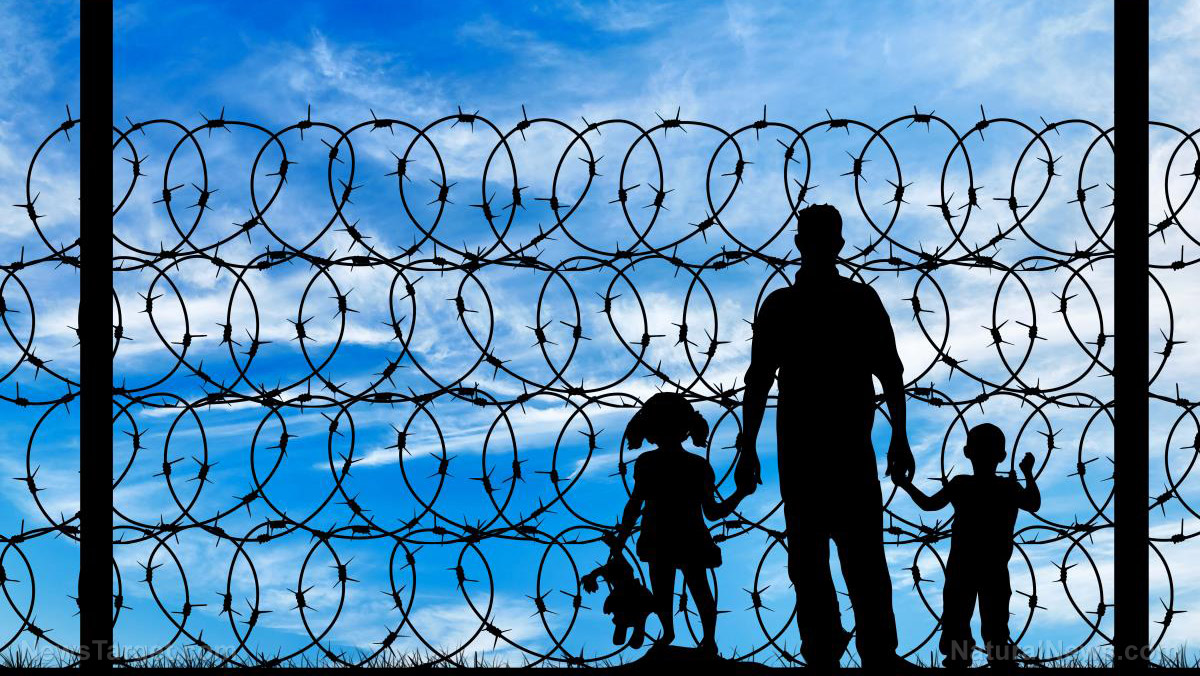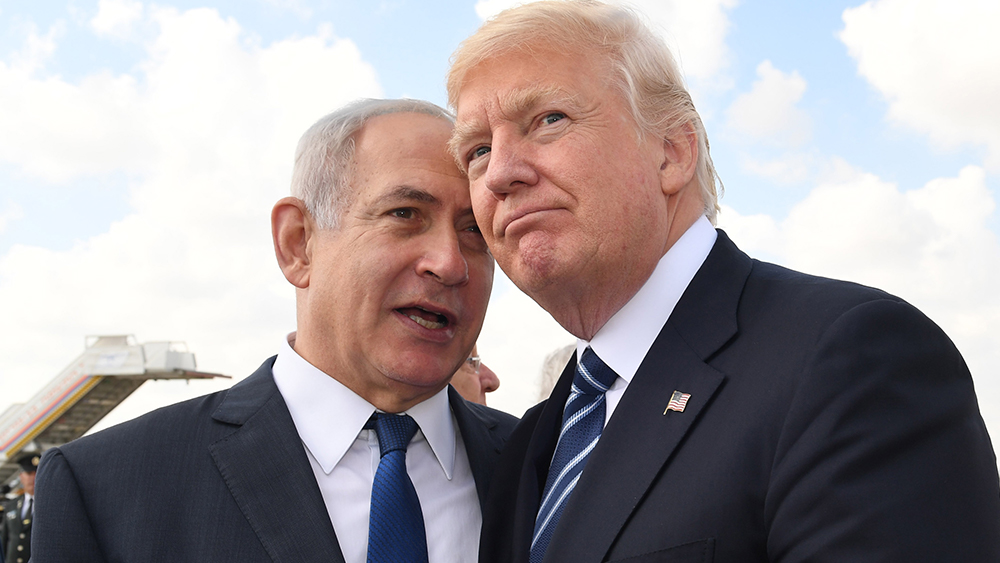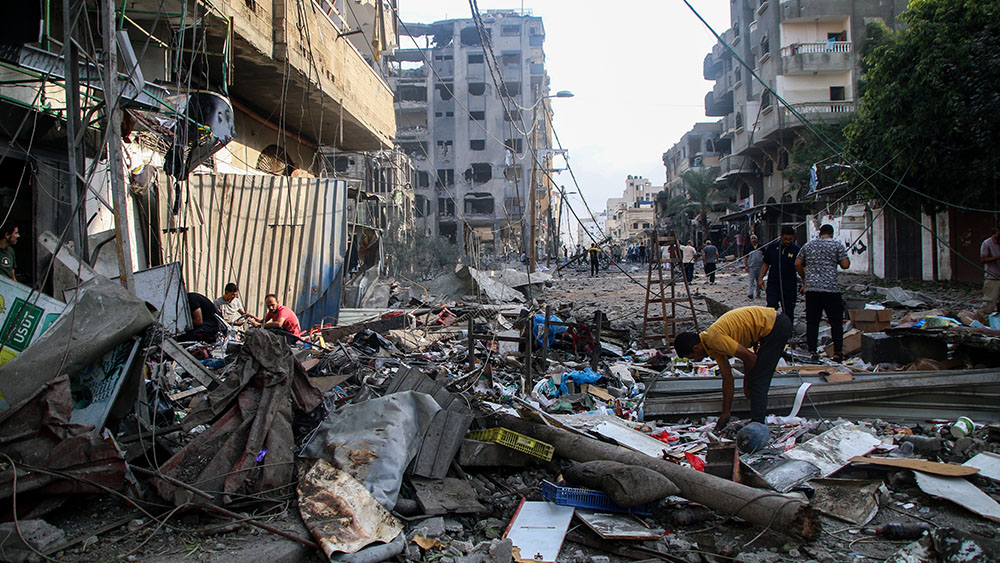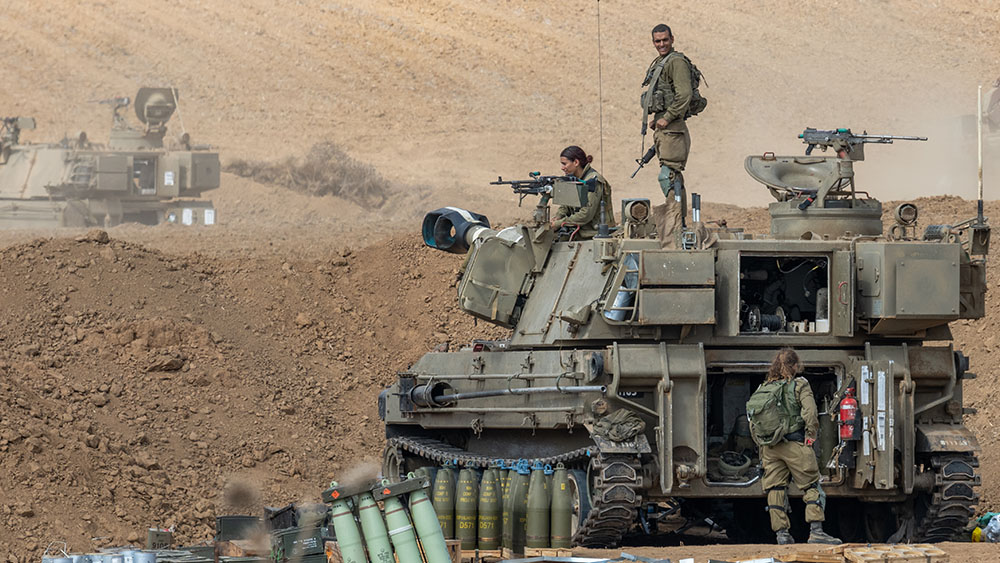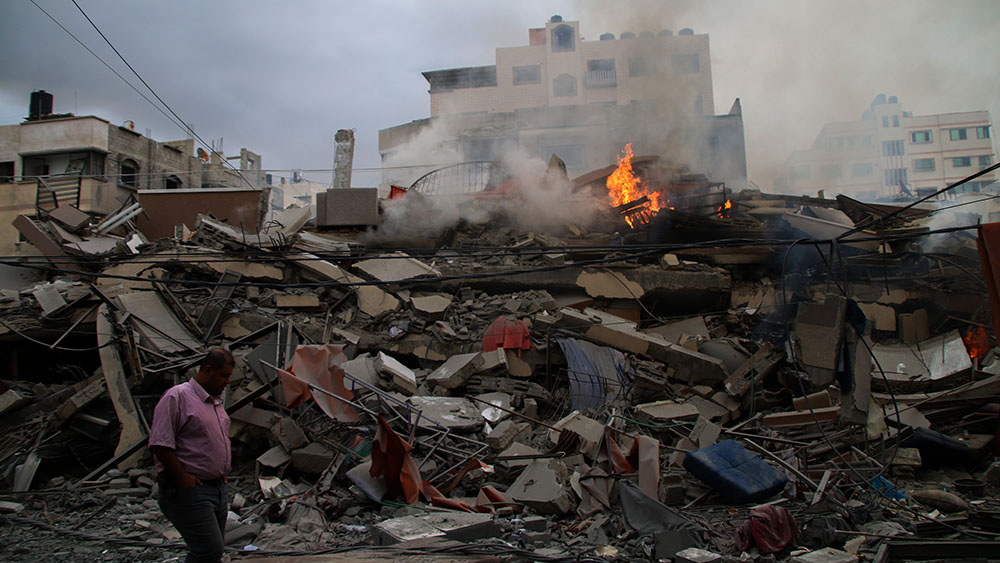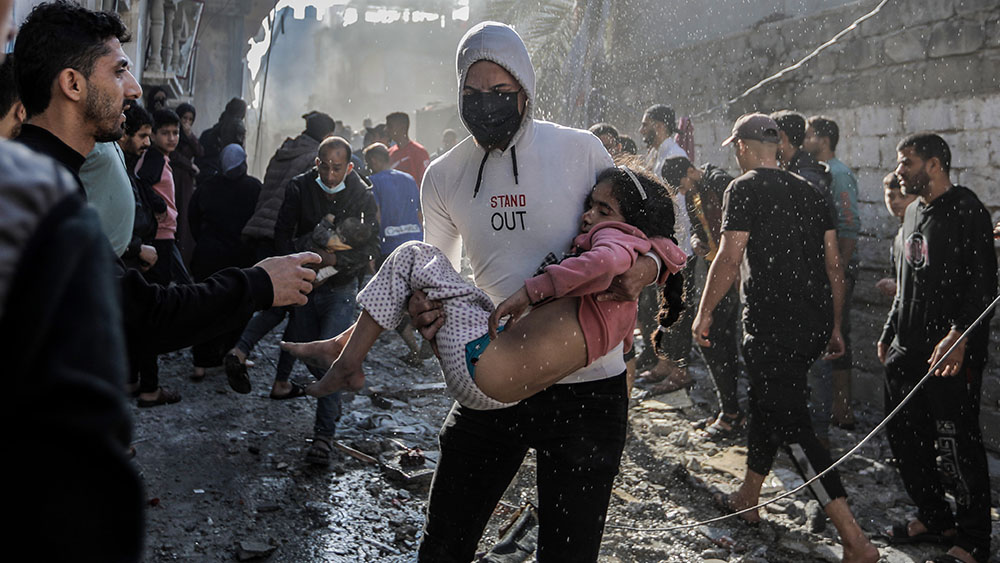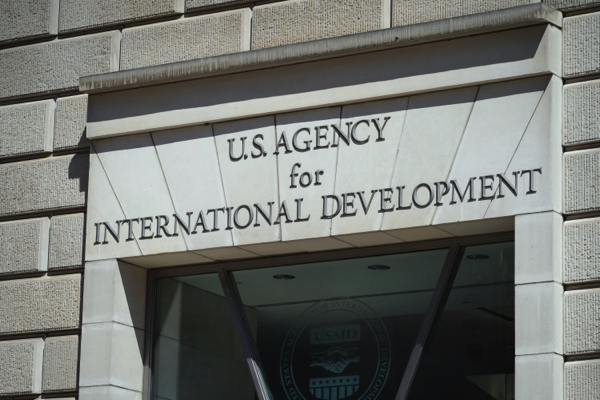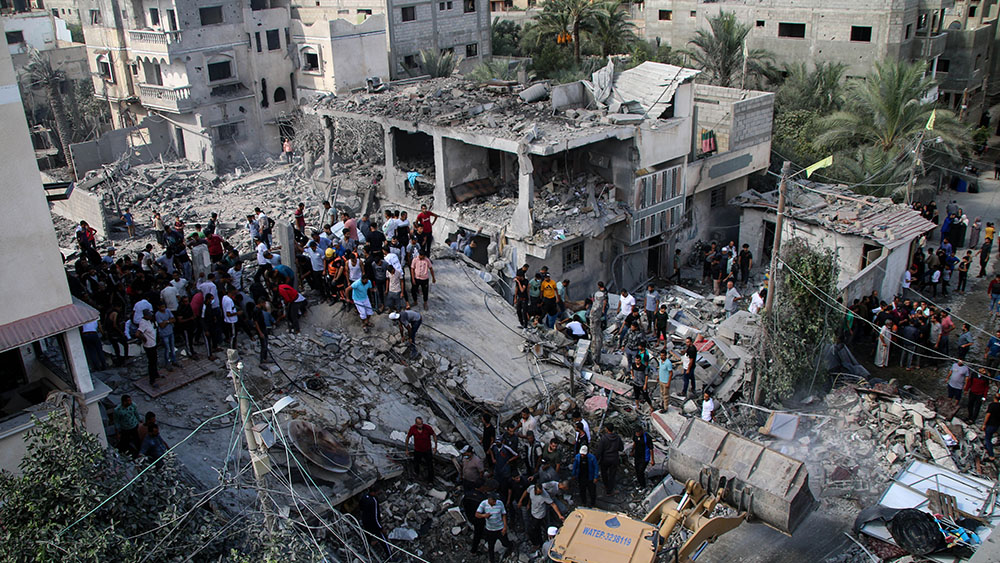U.S. airstrikes on Yemen’s Ras Isa fuel port leave 38 dead, deepening humanitarian crisis
04/18/2025 / By Cassie B.
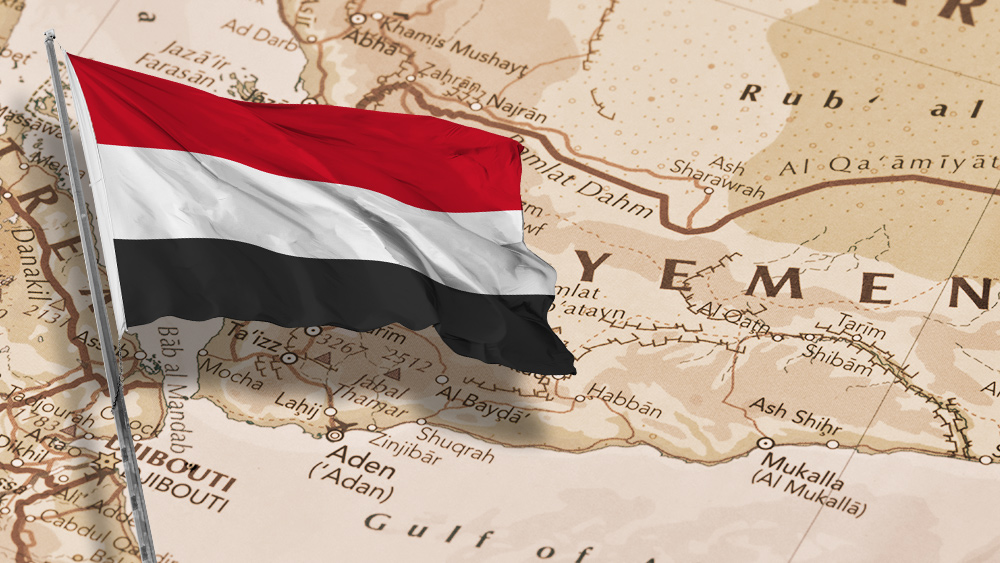
- U.S. airstrikes on Yemen’s Ras Isa port killed 38 and wounded 102, including paramedics.
- The attack risks collapsing hospitals and worsening famine as fuel shortages disrupt essential services.
- Critics argue the strikes violate international law and deepen Yemen’s humanitarian crisis.
- Despite claims of targeting Houthi revenue, the bombing campaign’s effectiveness is questionable.
- Congress is pushing for accountability as civilian casualties fuel bipartisan concerns over U.S. strategy.
The latest U.S. airstrikes on Yemen’s Ras Isa fuel port have left at least 38 dead and 102 wounded, including paramedics killed in a second strike while attempting to rescue survivors. The attacks, part of an escalated campaign against Houthi-controlled infrastructure, have drawn sharp criticism as they exacerbate a humanitarian disaster in a country where tens of thousands already face famine-like conditions.
The destruction of a crucial fuel terminal threatens to cripple hospitals, disrupt clean water supplies, and halt food distribution—raising urgent questions about the proportionality and effectiveness of targeting civilian-linked infrastructure in the name of counterterrorism.
Humanitarian catastrophe worsens
The immediate aftermath of the strikes paints a grim picture. Emergency responders scrambled through wreckage as families searched for missing relatives amid the chaos. According to reports, the port served as a lifeline for fuel imports that powered generators in hospitals, ran water pumps, and facilitated food transportation in a country where 80% of the population relies on humanitarian aid. Now, with the facility in ruins, medical operations are at risk of collapsing, leaving vulnerable populations without life-saving care.
The U.N. has warned that Yemen’s humanitarian crisis, already among the world’s worst, could spiral further as fuel shortages trigger cascading failures in essential services.
U.S. Central Command (CENTCOM) defended the strikes, stating the port provided “illegal revenue” to Houthi militants, who are designated as a terrorist organization by the U.S. government. A CENTCOM spokesperson emphasized that degrading Houthi resources aligns with broader efforts to safeguard global shipping lanes, which the group has repeatedly targeted. However, critics counter that the human cost far outweighs any potential strategic gain.
The strikes have so far been ineffective, yet they continue—nine within two weeks alone. This raises doubts about whether destroying civilian infrastructure is a viable strategy or merely a punitive measure that deepens suffering. Past U.S. support for Saudi Arabia’s bombardment of Yemen, including the infamous 2018 attack on a school bus that killed 48 children with a Raytheon-made bomb, underscores the recurring moral and tactical dilemmas of such campaigns.
Proportionality and long-term consequences
While the Houthis’ attacks on commercial shipping are undeniably destabilizing, targeting economic hubs like Ras Isa poses ethical and practical concerns. Even if the port did generate revenue for the Houthis, it also sustained millions of civilians caught in the crossfire of Yemen’s protracted conflict. Humanitarian lawyers argue that under international law, attacks on dual-use infrastructure must meet strict proportionality tests—balancing military necessity against foreseeable civilian harm.
The U.S. has previously condemned similar tactics when used by adversaries, making the current approach inconsistent with stated values. Moreover, the strikes risk undermining fragile diplomatic efforts to end Yemen’s war, which has already claimed over 377,000 lives.
The escalating strikes have not gone unnoticed in Washington. A growing bipartisan movement in Congress is pushing for greater transparency and accountability in U.S. military actions in Yemen. Lawmakers cite past failures, such as the unchecked support for Saudi Arabia’s air campaign, as cautionary tales.
Historically, legislative attempts to curb U.S. involvement in Yemen have faced hurdles, but the rising civilian toll may force a reckoning. Meanwhile, aid groups urge immediate de-escalation and renewed focus on peace talks.
The Ras Isa strikes exemplify the tragic cycle of militarized responses that prioritize short-term gains over long-term stability. While security concerns are real, the wholesale destruction of civilian infrastructure is a self-defeating strategy that fuels resentment and prolongs conflict. If the U.S. aims to protect both its interests and innocent lives, it must reassess the proportionality of its actions and invest in alternatives that address root causes rather than symptoms.
As Yemenis bury their dead and brace for yet another wave of deprivation, the world must decide: Will we repeat the mistakes of the past, or forge a new path toward justice and peace? The answer will define not only Yemen’s future but America’s moral standing in an increasingly fractured world.
Sources for this article include:
Submit a correction >>
Tagged Under:
chaos, Houthis, humanitarian crisis, terrorism, violence, WWIII, Yemen
This article may contain statements that reflect the opinion of the author
RECENT NEWS & ARTICLES
COPYRIGHT © 2017 HUMANITARIAN NEWS


